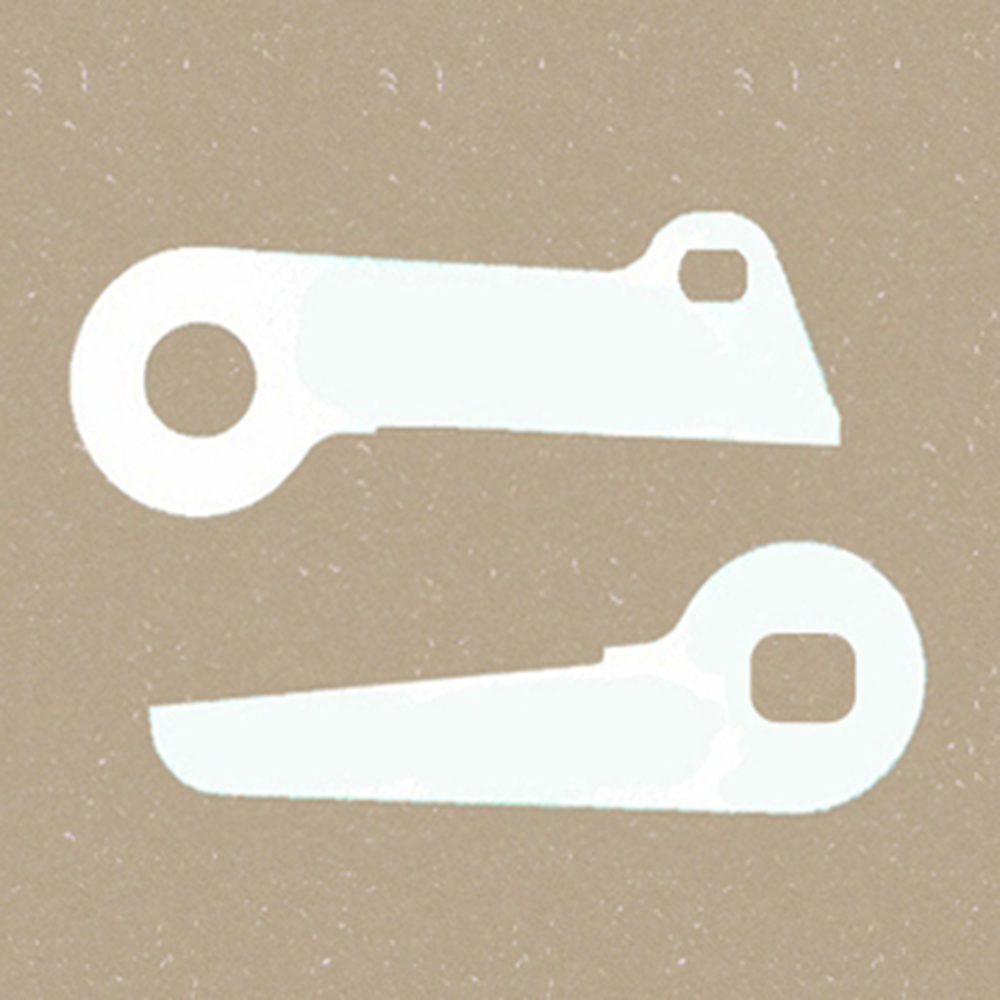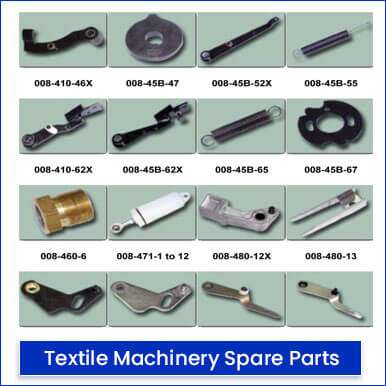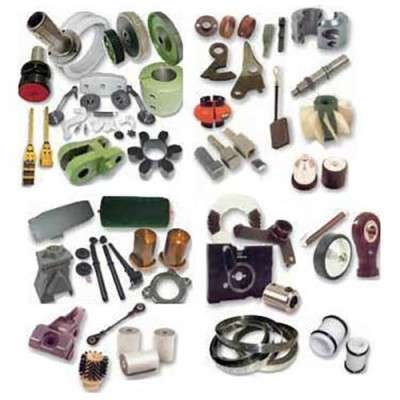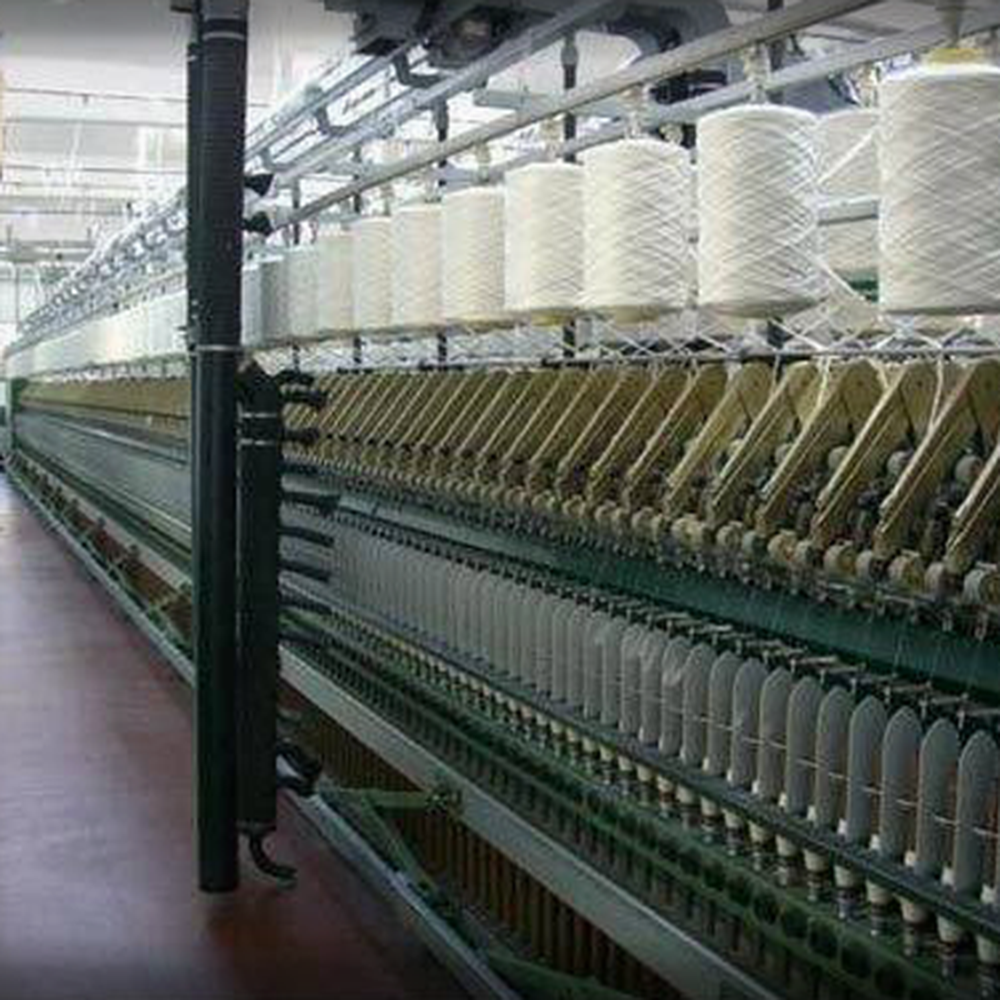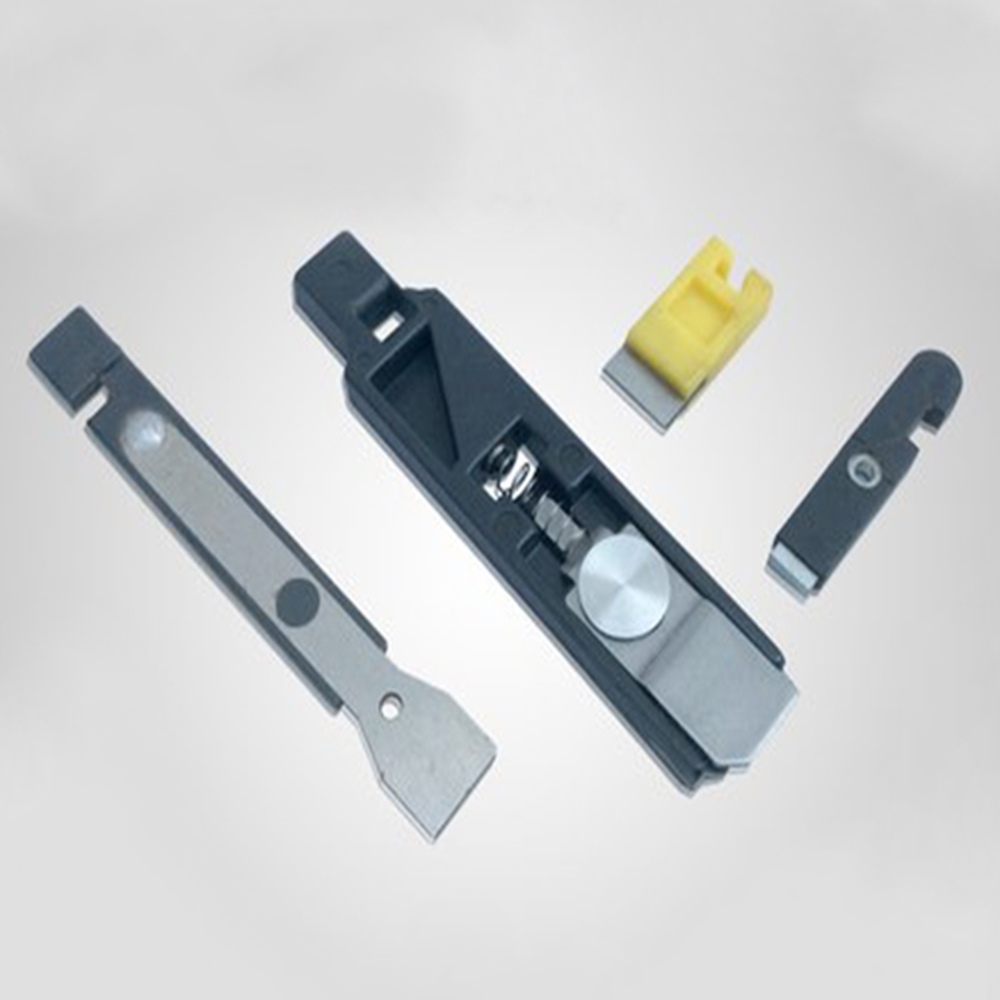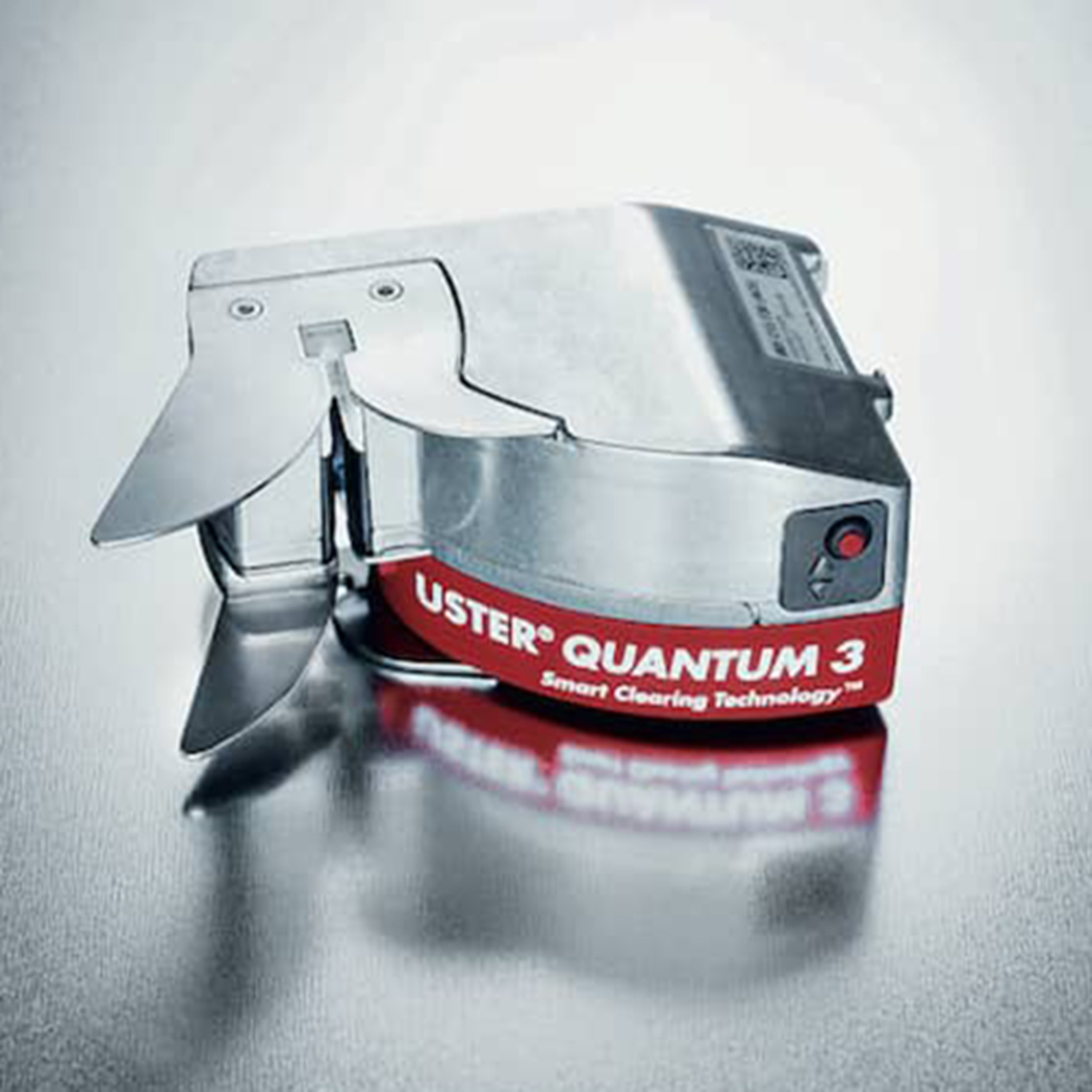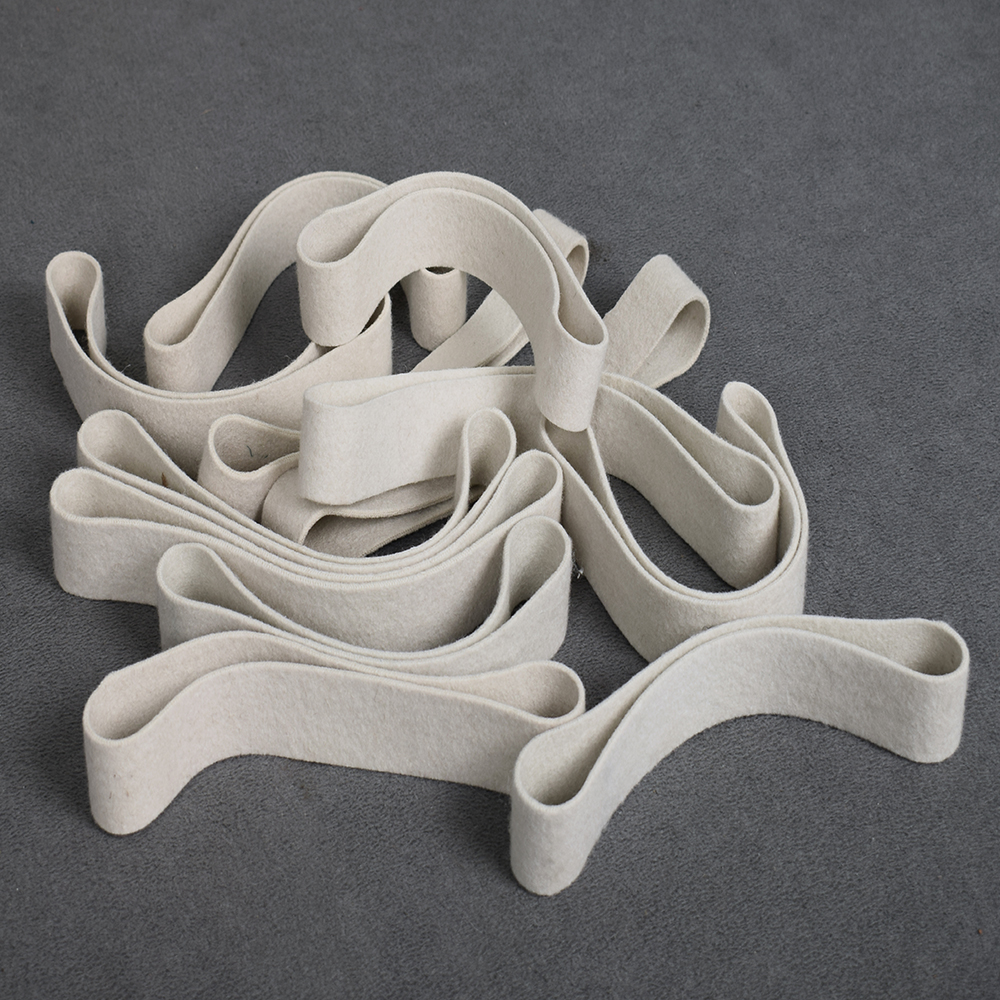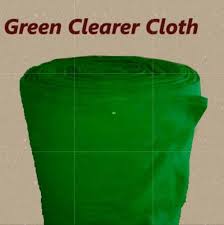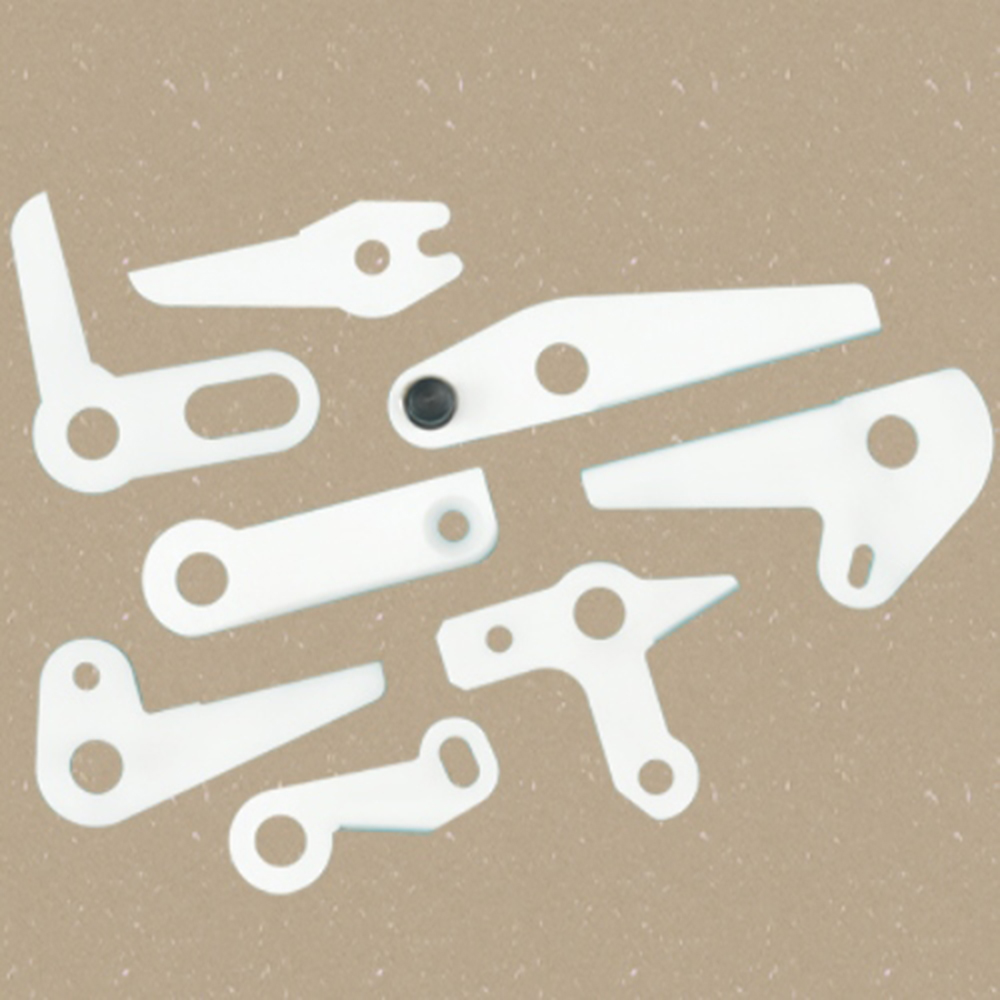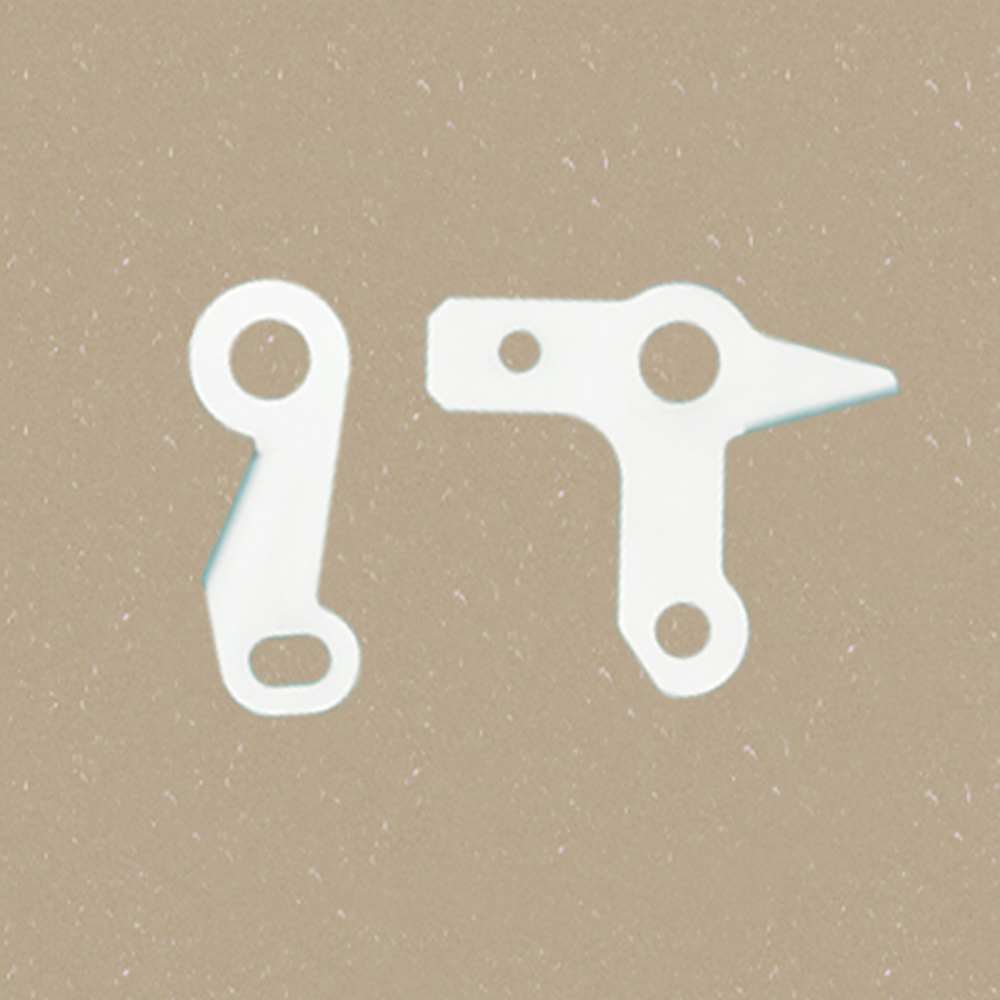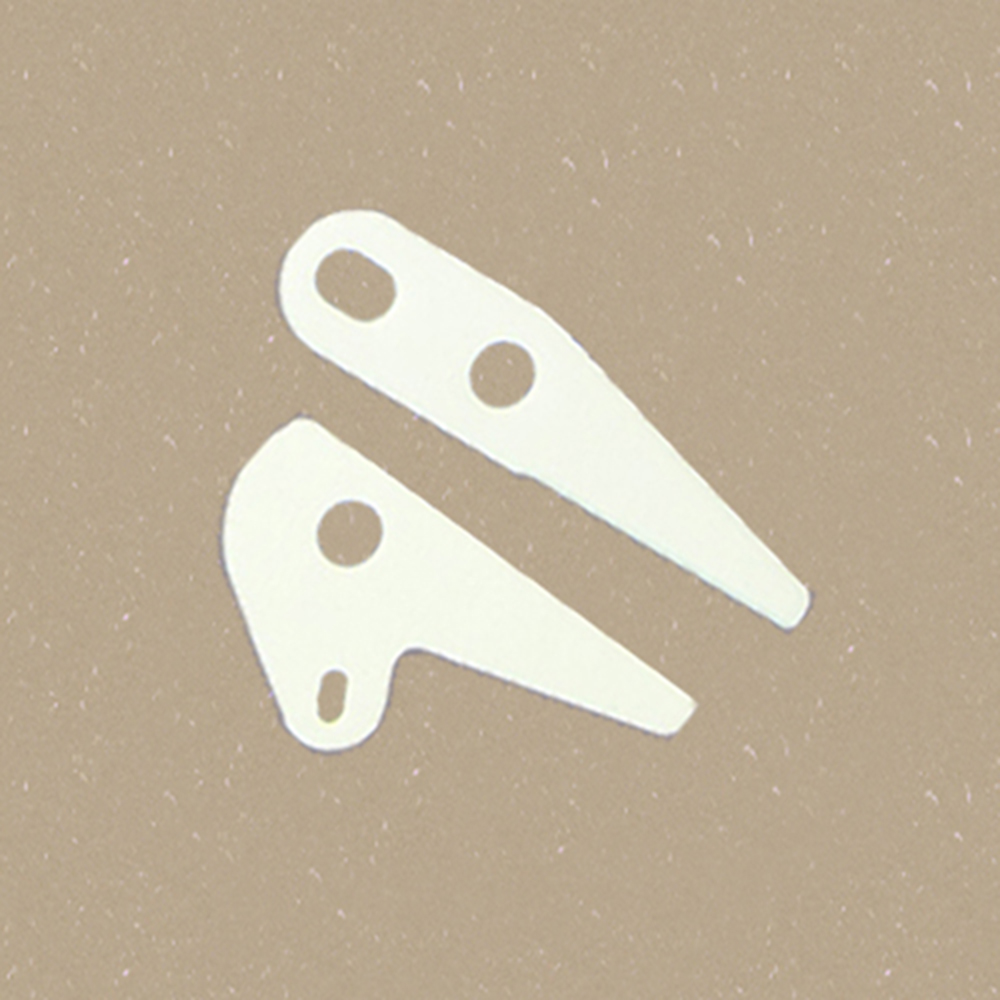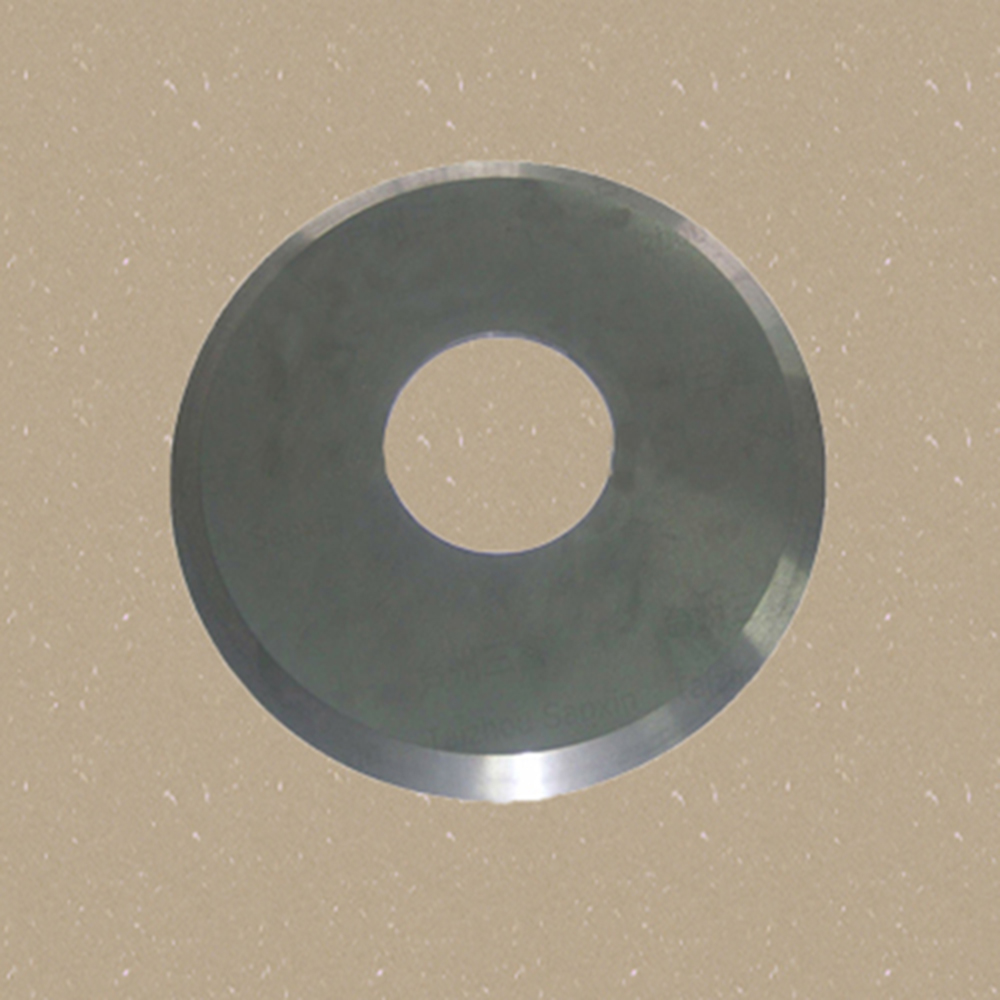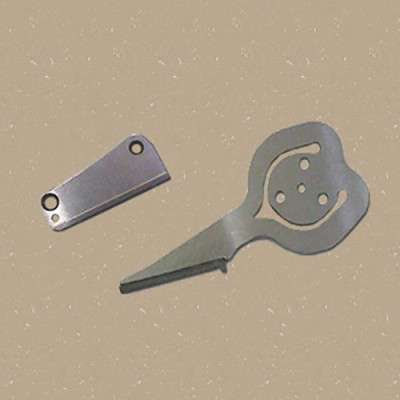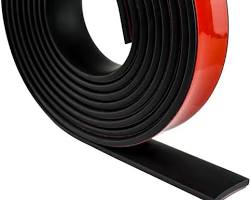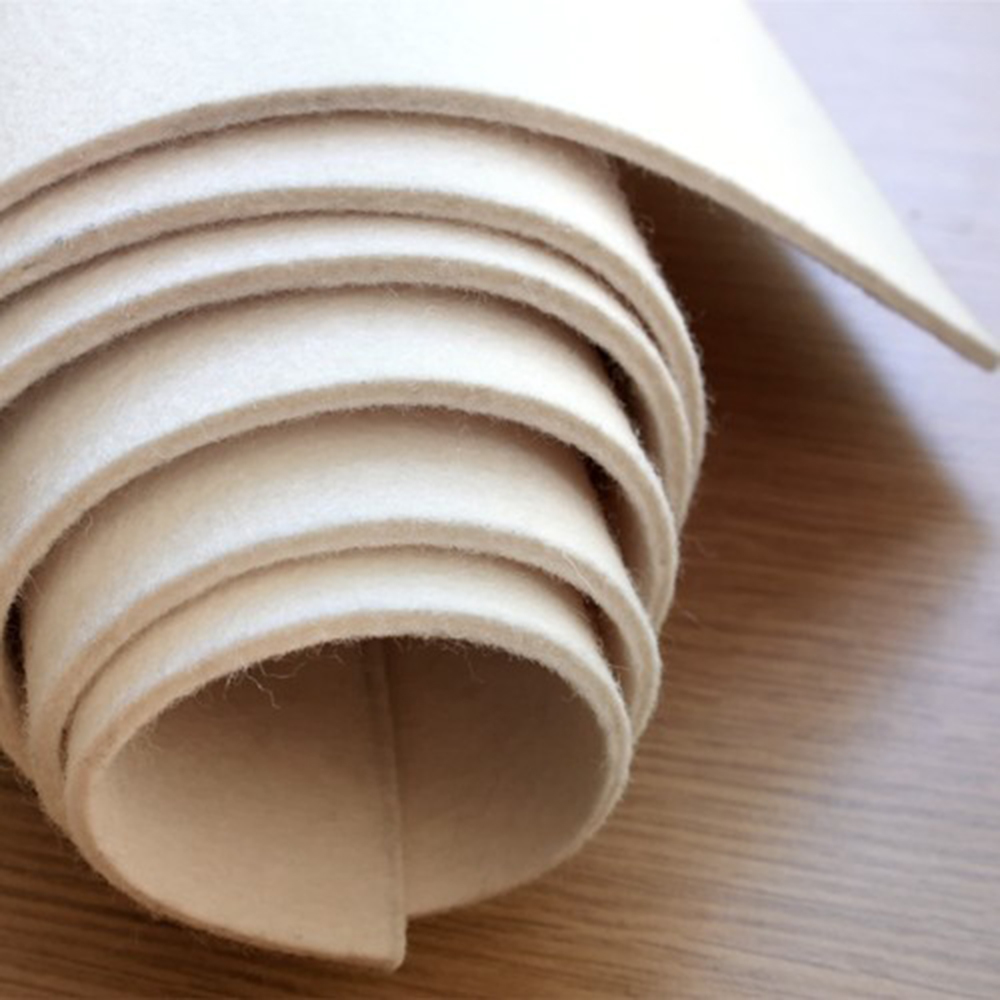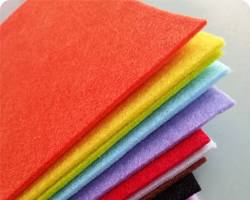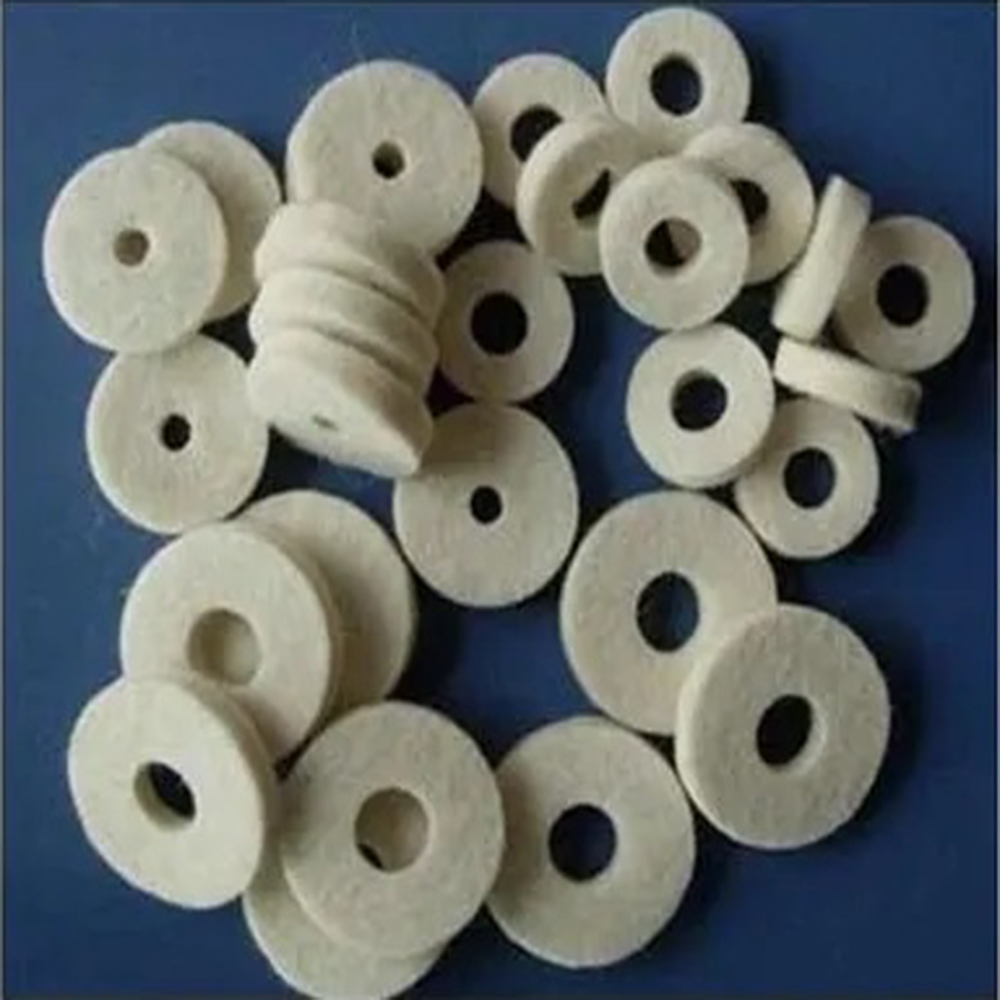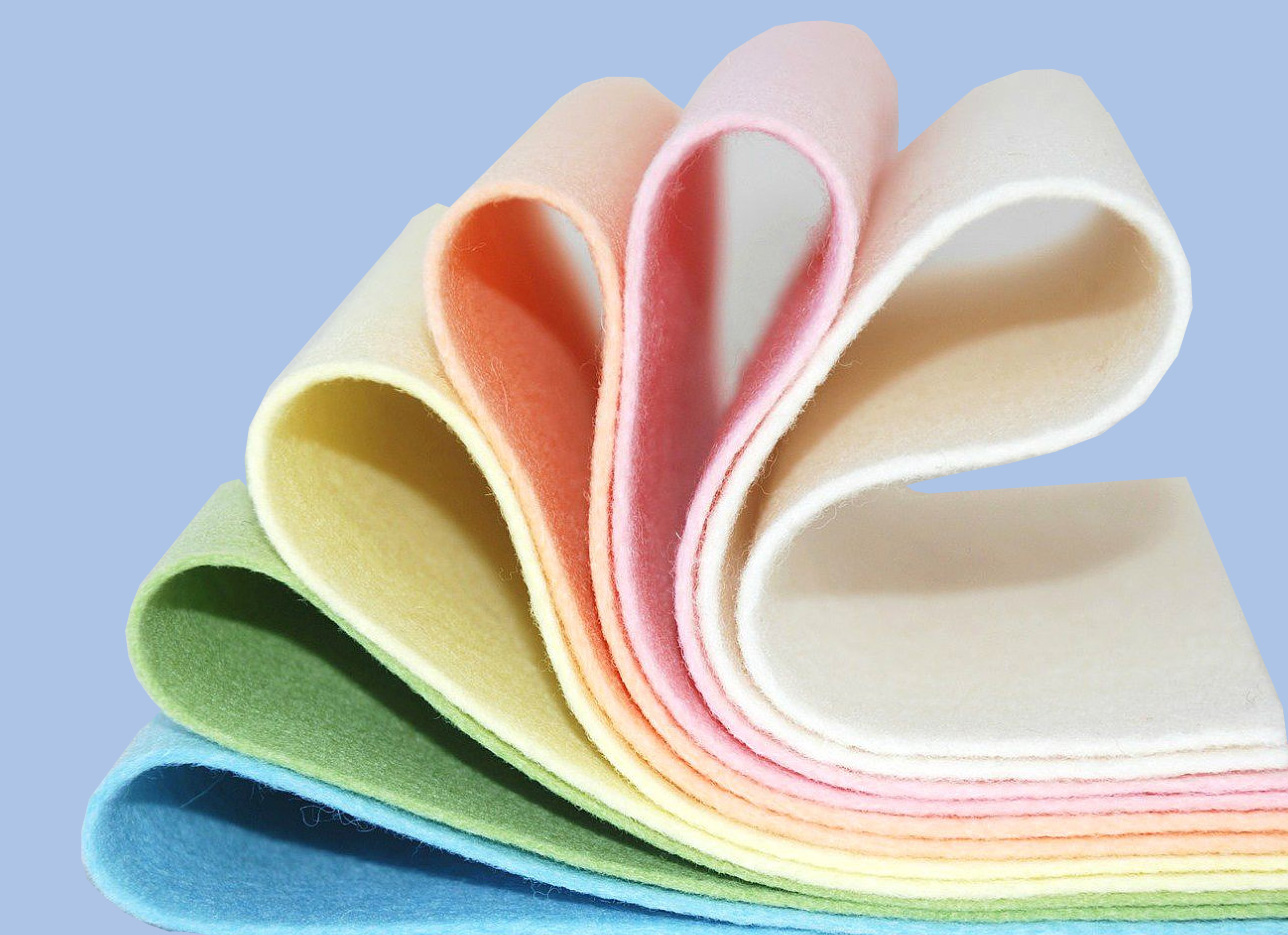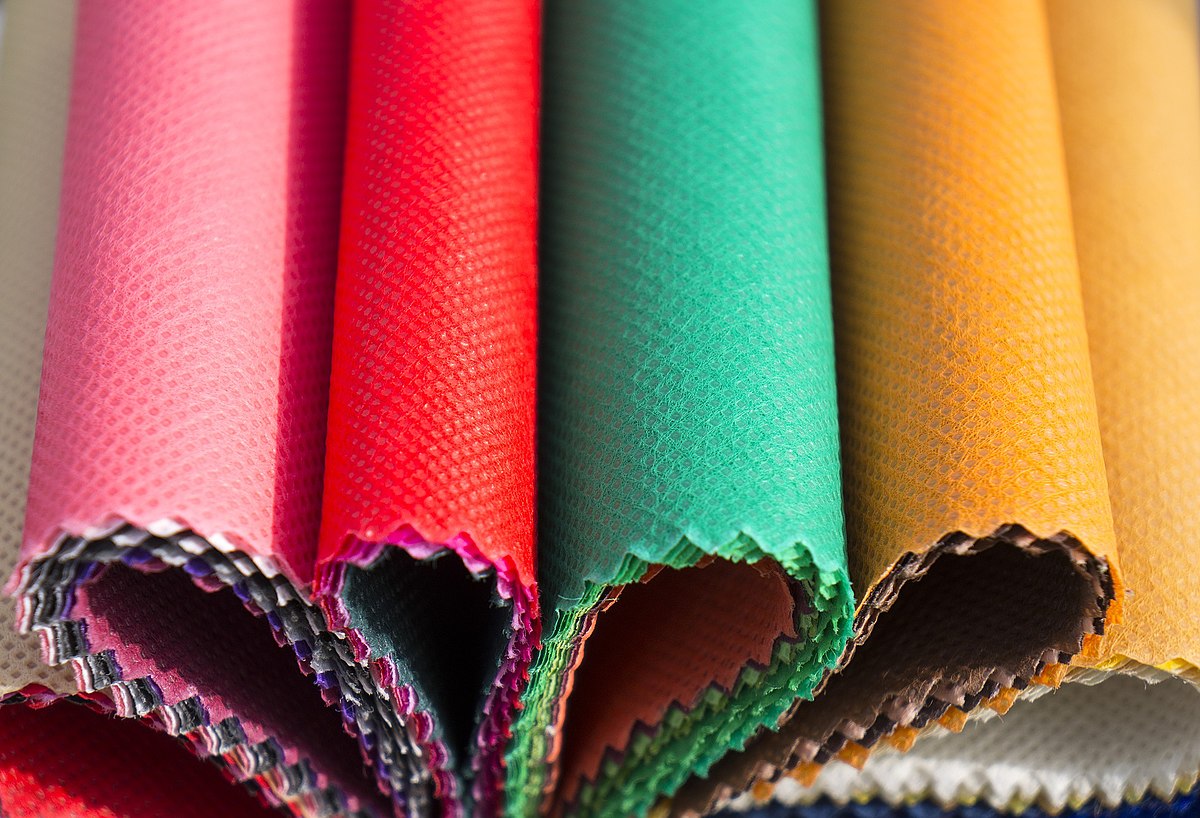- Home
- About
-
Products
- Autoconer Scissor Blades
- Textile Machinery Spares
- Autoconer Spares
- Spinning Machine Spare Parts
- Eyc Cutter Blades
- Electronic yarn clearer
- Endless Clearer Cloth
- Green Clearer Cloth
- Yarn Cutter Blades
- Splicer Scissor Blades
- Lower yarn Scissor Blades
- Shutter Cutter Blades
- Suction Tube Cutters
- Carbide Round Cutter Blades
- Loom Cutter
- Rubber strip
- Rubber Emery Fillet
- Woolen Felt
- Felt Sheet
- Felt Washer
- Non Woven industrial Felt
- Non Woven Fabrics
- Contact
- Email: [email protected]
- Phone: 9374614042
Rubber Emery Fillet
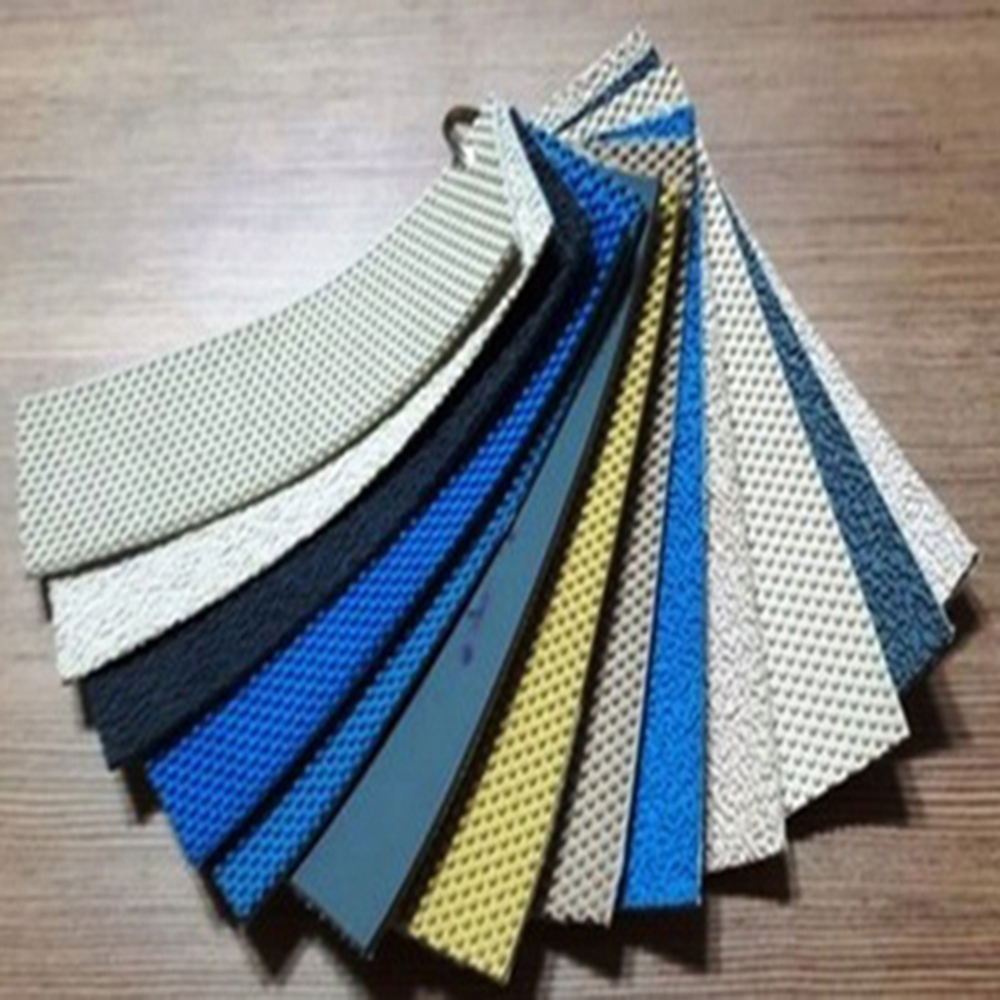
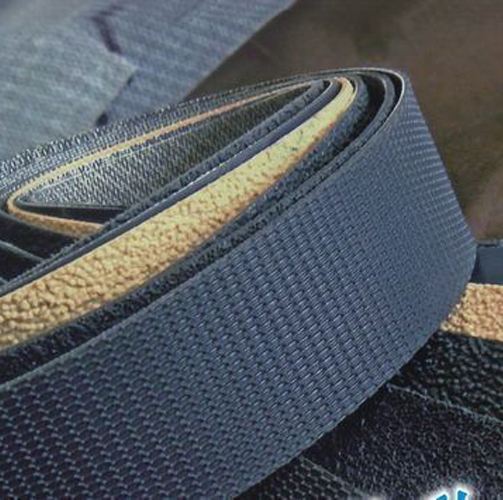
Rubber Emery Fillet
Rubber strips are long, narrow pieces of rubber that come in various sizes, thicknesses, and hardnesses. They are made from natural or synthetic rubber and are used in a wide variety of applications due to their versatility and useful properties.
Here are some of the common properties of rubber strips:
- Elasticity: Rubber strips can stretch and return to their original shape, making them ideal for applications that require a seal or cushion.
- Durability: Rubber strips are resistant to wear and tear, weathering, and many chemicals.
- Waterproof: Rubber strips are impermeable to water, making them suitable for applications that require a watertight seal.
- Electrical insulation: Some rubber strips are good electrical insulators, making them useful in electrical applications.
Here are some of the common applications of rubber strips:
- Sealing: Rubber strips are used to create a watertight or airtight seal between two surfaces. They are commonly used in doors, windows, appliances, and automotive parts.
- Gaskets: Rubber strips are used as gaskets to provide a cushion between two surfaces and prevent leakage. They are commonly used in engines, plumbing fixtures, and machinery.
- Vibration dampening: Rubber strips can absorb vibration and noise, making them ideal for applications that require noise reduction or vibration isolation. They are commonly used in washing machines, automotive parts, and electronic devices.
- Gripping: Rubber strips can provide grip and prevent slipping. They are commonly used in mats, stair treads, and tool handles.
- Cable protection: Rubber strips can be used to protect cables and wires from abrasion and wear.
Our Coverage
You may also Like


Enquiry
Let’s speak. Phone / Email us or use the contact form.

